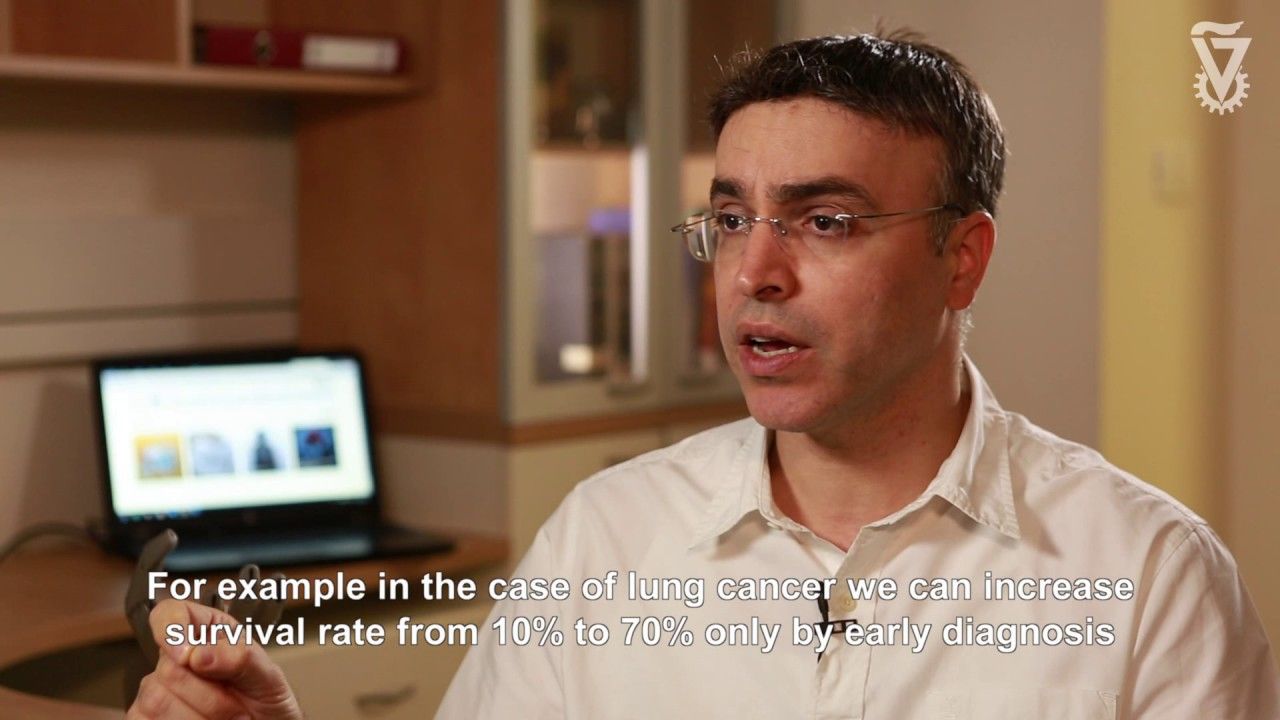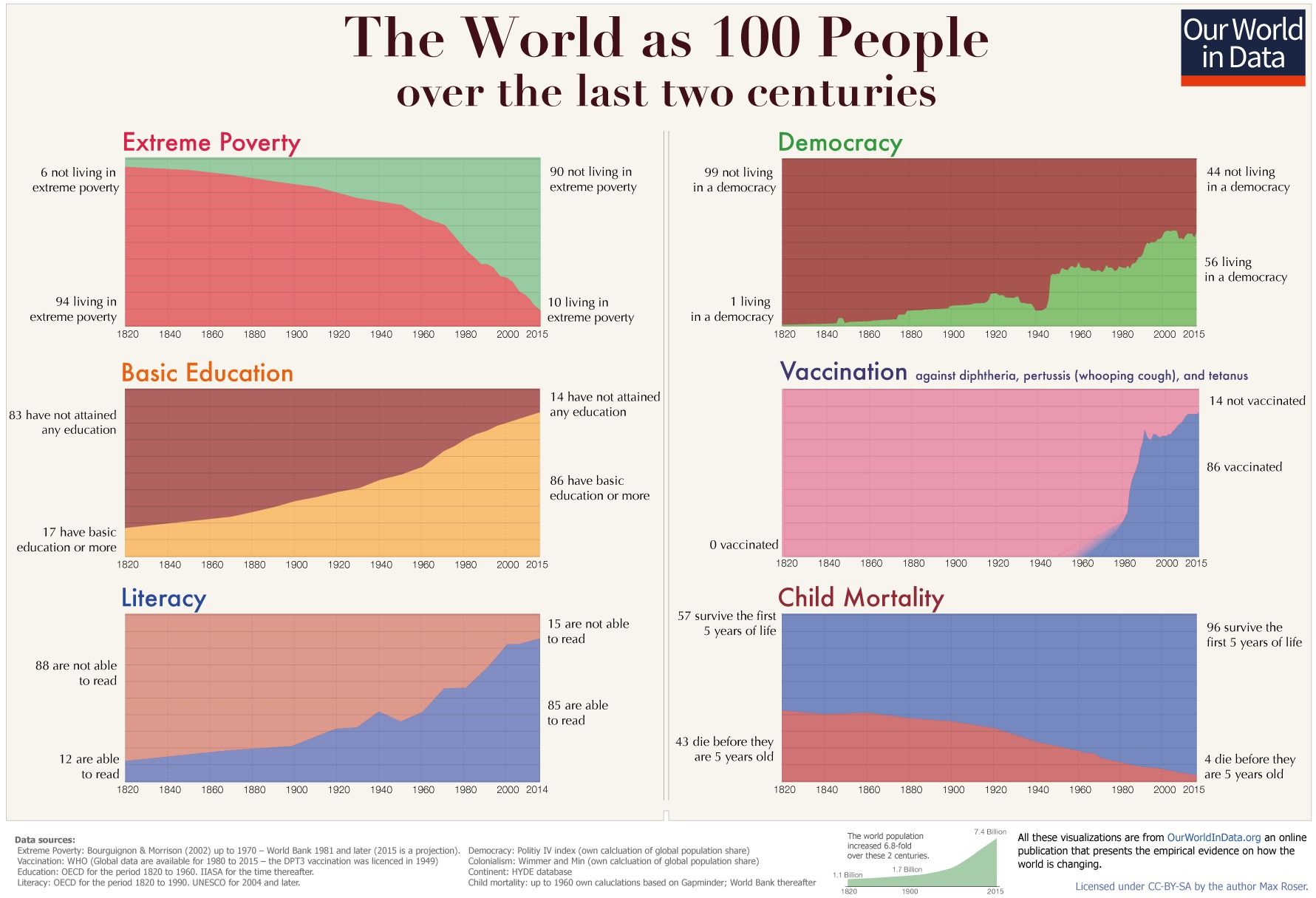
David Brin: “Stephen Hawking writes that rising inequality makes this the most dangerous time for our planet. Why? In America and the West, inequality has only been rising (at accelerating rates) for a few decades, from its lowest levels in human history. 99% of our ancestors lived in far steeper hierarchies. So, in a sense, what’s the fuss?”
“Simple. The vast creativity of a middle class society made us so productive we could avoid a Malthusian collapse. But if we return to feudalism — as our New Oligarchs intend — then all of that will collapse. But seven billions won’t go down quietly. A billion of them have vast technological tools and skills that would make Robspierre, Lenin, Mao or Osama gulp with envy. You do NOT want to see the technical castes radicalize…”
“… yet that is exactly what the Murdoch-Koch + foreign oligarchs seem to have in mind. And that is why rising inequality is an existential threat to all humanity. Because we are led by conniving oligarchs who are clearly way, way less smart than they think they are. “.
Read more









